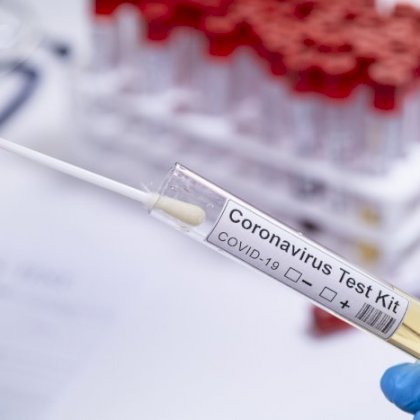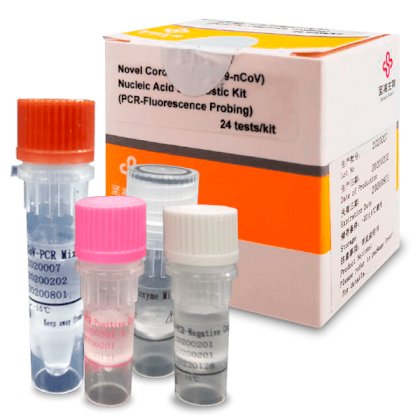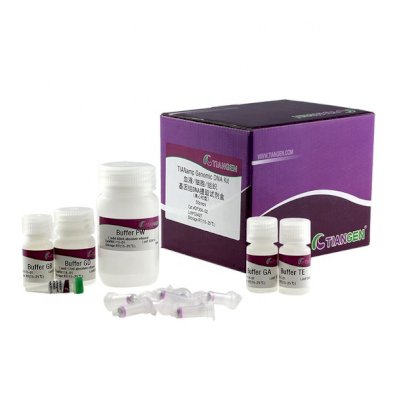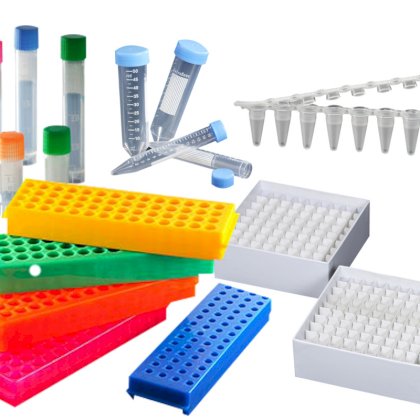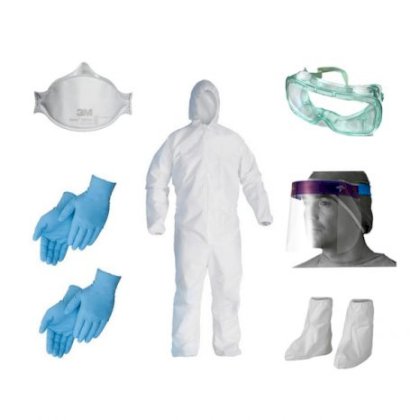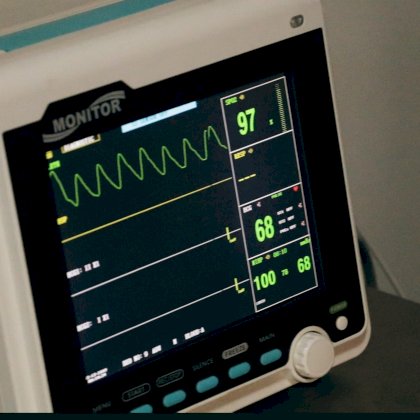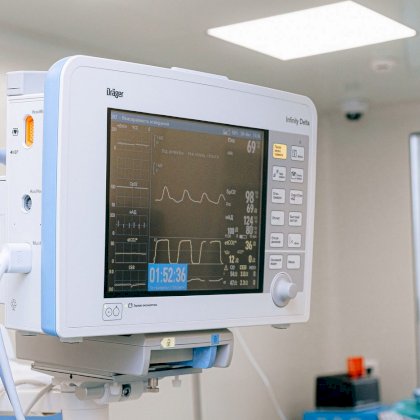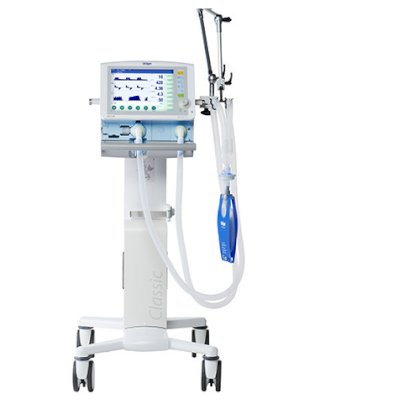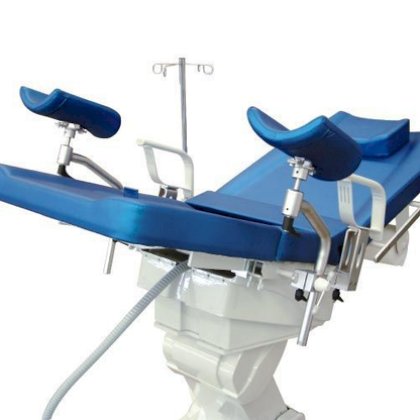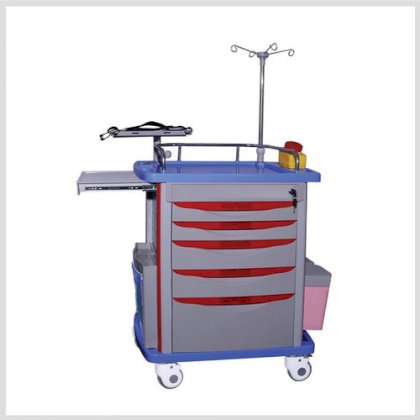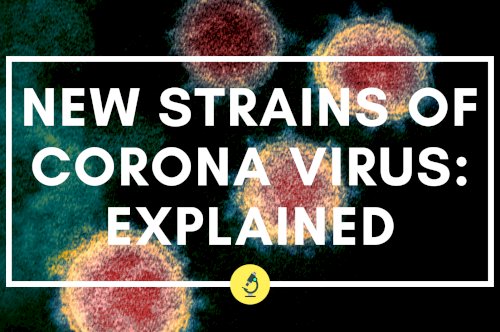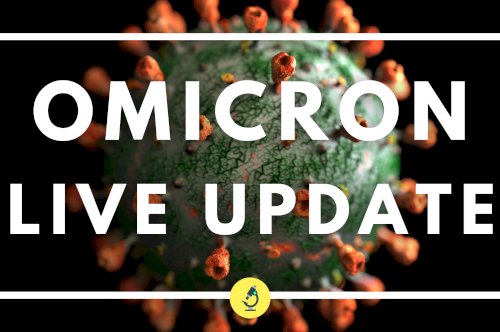COVID-19 | Andhra Pradesh strain at least 15 times more virulent
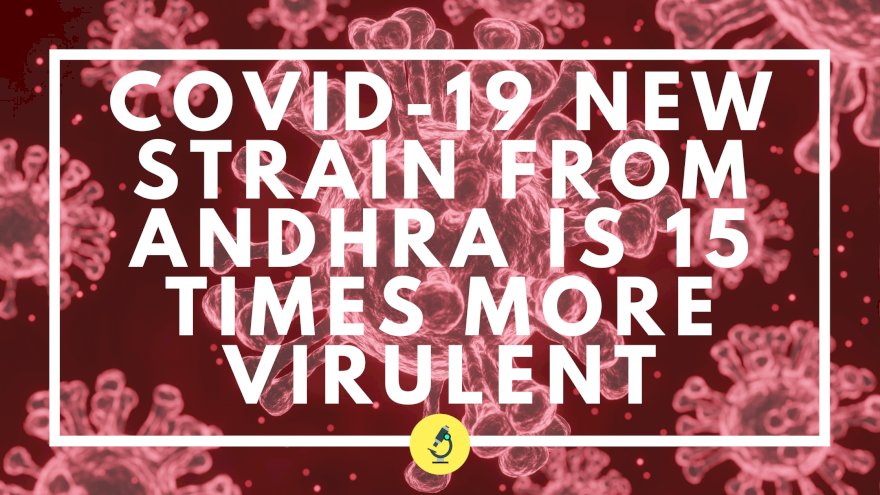
While it is too early to state whether the new coronavirus variant discovered by CCMB (Centre for Cellular and Molecular Biology) N440K, is the variant that is creating havoc in Visakhapatnam and other parts of the State, experts say the new prevalent variant, which is being called as the AP variant as it was first discovered in Kurnool, is at least 15 times more virulent than the earlier ones, and may be even stronger than the Indian variants of B1.617 and B1.618.
Divya Tej Sowpati, scientist at the Centre for Cellular and Molecular Biology, Hyderabad, and who closely works with genome sequencing of coronavirus said that the variant was closely related to the coronavirus lineage B.1.36 and had previously been linked to a spike in cases in several states of South India. "The defining mutation is N440K, a mutation that was known since last year and widely prevalent in Andhra Pradesh. When tested in cell culture studies, they appeared to spread quite quickly but that's not how it always plays out in the real world," he said in a phone conversation.
“N440K is slowly dying out and was fast being replaced by two other variants — B.1.1.7 and B.1.617 in almost all southern states including Kerala,” said Vinod Scaria, scientist at the CSIR-Institute of Genomics and Integrative Biology, New Delhi. The N440K had been associated with cases of reinfection in Delhi and possibly helped the coronavirus bind tighter to lung cells. B.1.1.7 and B.1.617 are the 'UK Variant' and the Indian variant, also known as the 'double mutant.'
“We are still to ascertain, which strain is in circulation right now, as samples have been sent to CCMB for analysis. But one thing is certain that the variant at present which is in circulation in Visakhapatnam is quite different from what we have seen during the first wave last year,” said District Collector V. Vinay Chand, who has been updated by senior doctors in the health department.
Confirming the enhanced power of the virus, District COVID Special Officer and Principal of Andhra Medical College P.V. Sudhakar said, “We have observed that the new variant has shorter incubation period and the progress of the disease is much rapid. In the earlier cases, a patient affected with the virus would take at least a week to reach the hypoxia or dyspnea stage. But in the present context, patients are reaching the serious condition stage within three or four days. And that is why there is heavy pressure on beds with oxygen or ICU beds,” he said.
Experts also point out that unlike during the first wave, a shorter exposure is enough to acquire the virus, which enables an infected person to infect four to five persons, within a shorter contact span.
“Most essentially, none is spared, as we have observed that it is affecting the younger population in a big way, including those who are fitness freaks and have high immunity levels. It is also observed that cytokine storm is occurring faster, and some are responding to treatment and some are not,” said Dr. Sudhakar.
According to the experts the bottomline is — this variant is highly unpredictable.
The best way to keep it at bay is to follow COVID-appropriate behaviour of wearing good mask, keeping away from gatherings, sanitising hands regularly and staying home as far as possible, said Hema Prakash, senior microbiologist from GITAM Institute of Medical Sciences and Research.
Source: The Hindu

